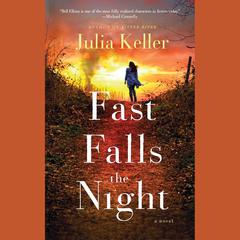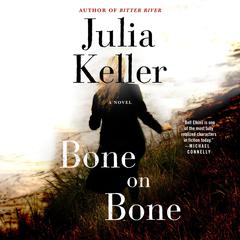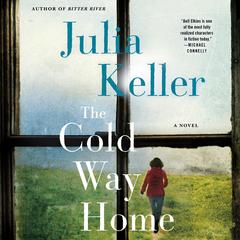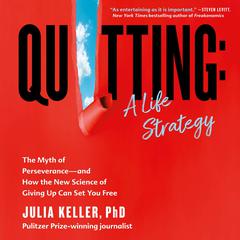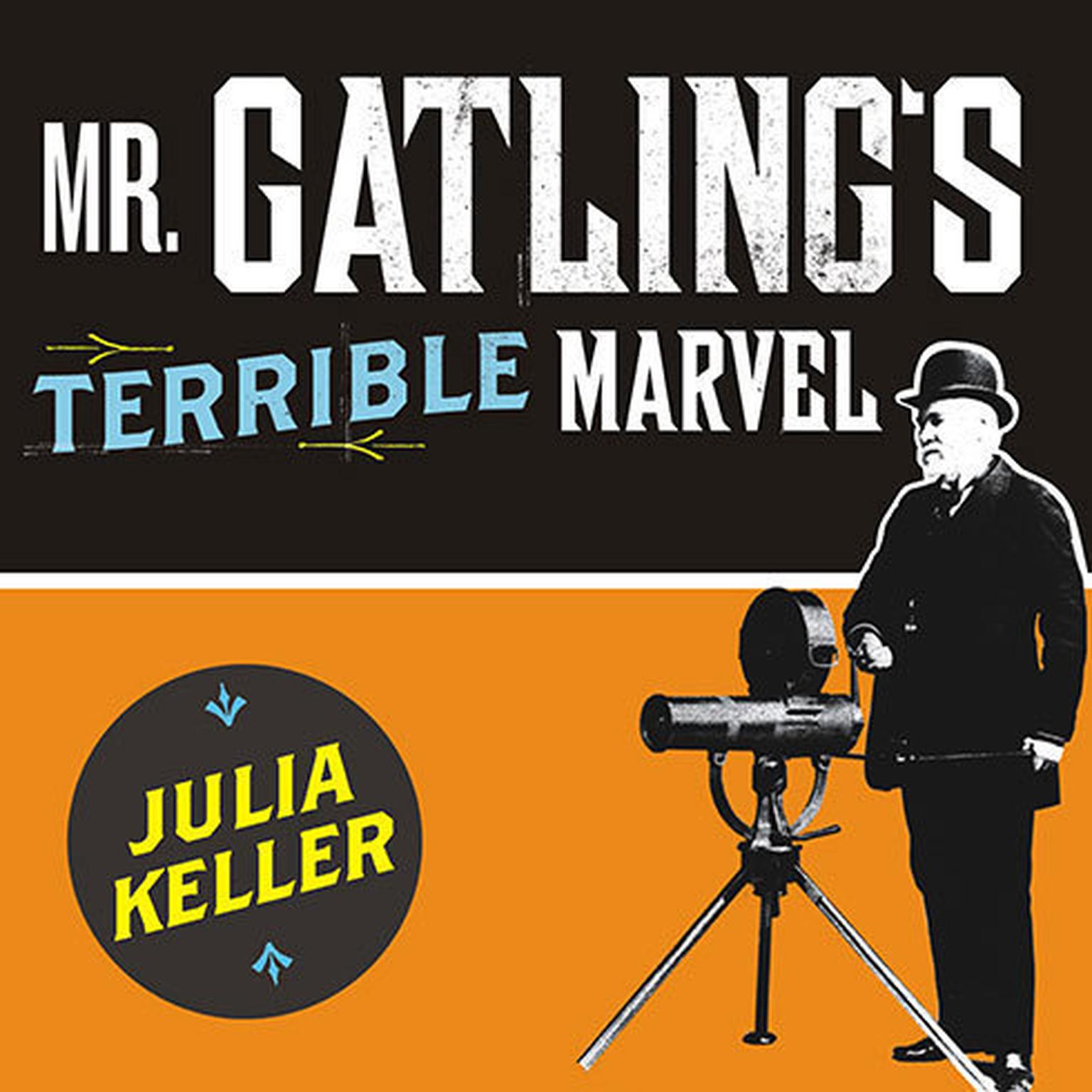 Play Audiobook Sample
Play Audiobook Sample
Mr. Gatling's Terrible Marvel: The Gun That Changed Everything and the Misunderstood Genius Who Invented It Audiobook
 Play Audiobook Sample
Play Audiobook Sample
Quick Stats About this Audiobook
Total Audiobook Chapters:
Longest Chapter Length:
Shortest Chapter Length:
Average Chapter Length:
Audiobooks by this Author:
Publisher Description
Soon after its debut at the time of the Civil War, the Gatling gun changed the nature of warfare and the course of world history. Discharging 200 shots per minute with alarming accuracy, the world's first machine gun became vitally important to protecting and expanding America's overseas interests. Its inventor, Richard Gatling, was famous in his own time for creating and improving many industrial designs, from bicycles and steamship propellers to flush toilets, though it was the gun design that would make his name immortal. A man of great business and scientific acumen, Gating used all the resources of the new mass age to promote sales across America and around the world.
Ironically, Gatling actually proposed his gun as a way of saving lives, thinking it would decrease the size of armies and, therefore, make it easier to supply soldiers and reduce malnutrition deaths. The scientists who unleashed America's atomic arsenal less than a century later would see it much the same way.
Download and start listening now!
"Somewhat educational about the realities of arms creation and the thoughts behind them. The author does have a bias - at least a little bit - and at times that got to me, but I managed to read on through. I love anything about the cultural or social history of something, guns included."
— Jeannie (4 out of 5 stars)
Quotes
-
“A celebrity in the 19th century, Gatling was soon reviled for his terrible marvel and then consigned to obscurity. Keller rescues Gatling and anchors his remarkable life firmly in the landscape of 19th-century America: a time and place of egalitarian hope and infinite possibility.”
— Publishers Weekly -
This book is a carnival...bursting with colorful characters, uncanny connections, and contagious enthusiasm.
— Debby Applegate, Pulitzer Prize-winning author of The Most Famous Man in America -
“The author presents as a genius, a man of decency, vision, and ambition who held dozens of patents for a variety of life—enhancing gadgets, including plows, bicycles, flush toilets, and dry-cleaning machines.”
— Booklist
Mr. Gatling's Terrible Marvel Listener Reviews
-
" I almost put this book aside. I found it very repetitive, returning to the same ideas again and again and presenting it as if it were new. And it seemed like the book spent relatively little time actually talking about Gatling and the gun. I'd pass on this one. "
— Rick, 1/7/2014 -
" A strange book. It seems to say a lot, yet tell me little about Gatling and his inventions. "
— Edward, 7/17/2013 -
" This book is more of a cultural studies about the times in which Gatling invented his gun than it is a biography about the man. Sometimes, I felt, it was a little overwrought, but I liked it nonetheless. "
— Bill, 6/30/2013 -
" A bit too much like a text book--can't be classified as pleasure reading. "
— Rich, 6/23/2013 -
" Started off good then got too caught up in its own analogy of patents as the American dream. I was hopping for a little more historical context and less historical analogy. "
— Eliezer, 6/11/2013 -
" Annoying writing style was distracting. This book really could have been a magazine article. There is too much padding of the story. "
— Gsmalz, 3/22/2013 -
" One of the greatest disappointments of my year. How could a book about a crazed inventor and his quick-fire killing machine go so wrong. The beautiful cover is the best part of the book. "
— Jason, 10/7/2012 -
" I would have liked it better if it had stayed on subject. It is more of a breathless and breezy review of 19th Century American culture centered on Richard Gatling than a book just on Richard Gatling. "
— Joe, 5/23/2012 -
" a Christmas card to capitalism. "
— Jim, 2/28/2012 -
" Good historical reference about this period in history and it does give you pause for thought on the implications inventions like the automatic weapon play in our own destruction. "
— Chris, 6/25/2011 -
" A very well researched book about this machine gun and its inventer. "
— Clay, 3/10/2011 -
" Annoying writing style was distracting. This book really could have been a magazine article. There is too much padding of the story. "
— Gsmalz, 1/9/2011
About Julia Keller
Julia Keller was born and raised in West Virginia, and now lives in Ohio. In her career as a journalist, she won the Pulitzer Prize for a three-part series she wrote for the Chicago Tribune about a small town in Illinois rocked by a deadly tornado. A Killing in the Hills was her first mystery.
About Norman Dietz
Norman Dietz is a writer, voice-over artist, and audiobook narrator. He has won numerous Earphones Awards and was named one of the fifty “Best Voices of the Century” by AudioFile magazine. He and his late wife, Sandra, transformed an abandoned ice-cream parlor into a playhouse, which served “the world’s best hot fudge sundaes” before and after performances. The founder of Theatre in the Works, he lives in Lancaster, Pennsylvania.









